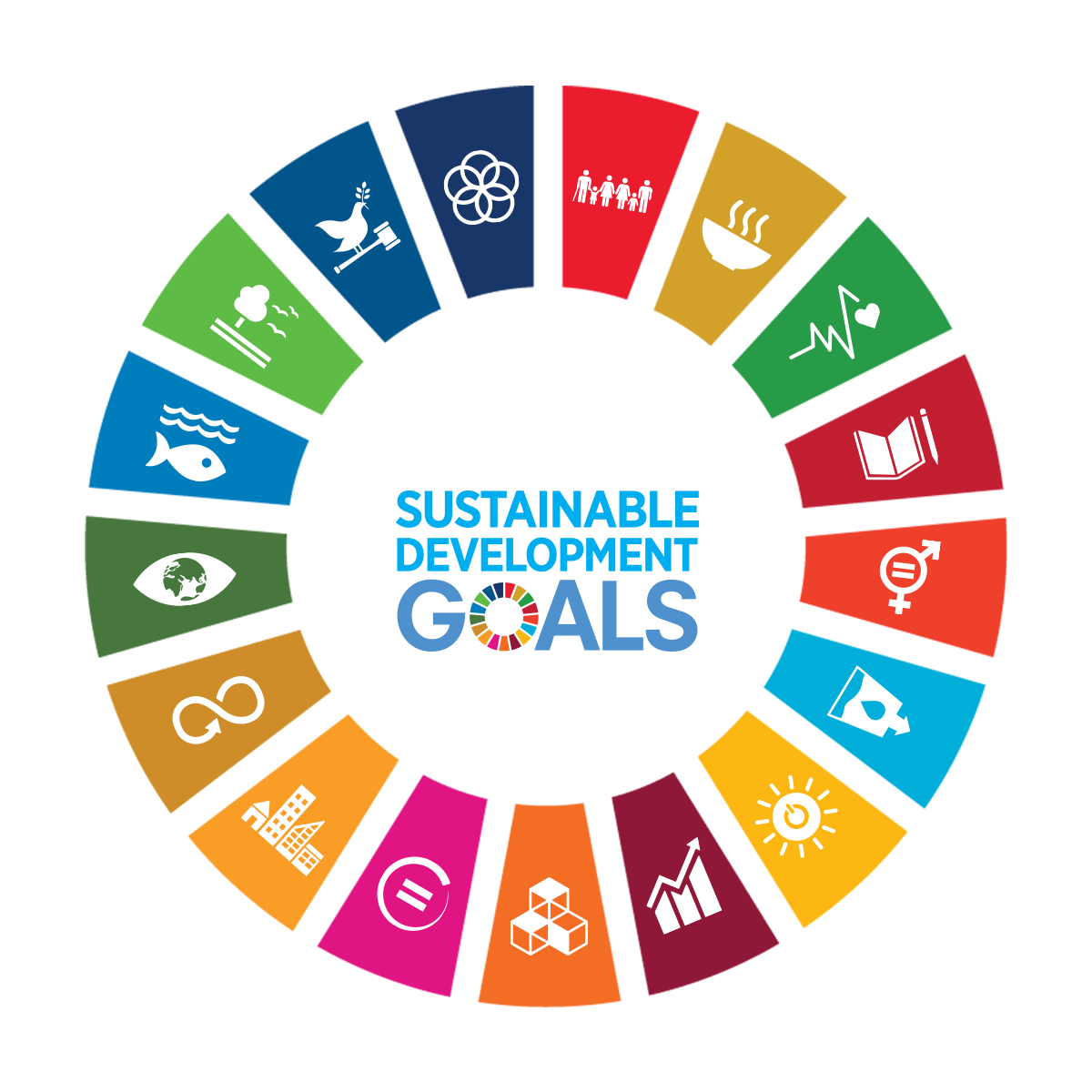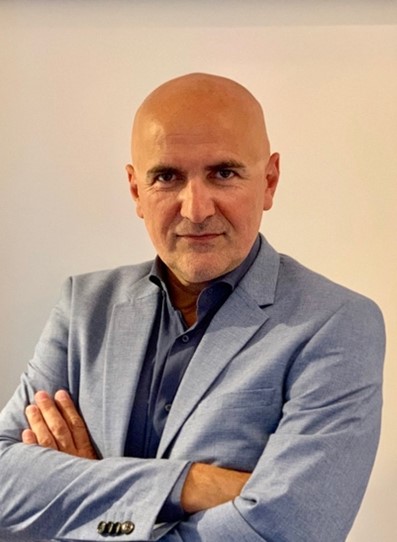The BioSense Director Member of the UN Group of Ten High-level Representatives
United Nations (UN) Secretary-General António Guterres has announced the appointment of the United Nations Group of Ten High-level Representatives of Civil Society, Private Sector, and Scientific Community to Promote Science, Technology, and Innovation for the SDGs (10-Member-Group) over the next two years. One of the ten selected eminent experts from all over the world is the director of the BioSense Institute, Professor Vladimir Crnojević.

Professor Crnojević’s membership in the 10-Member Group of selected experts at the global level significantly contributes to strengthening the position of the Republic of Serbia on the scientific map of the world. In this way, recognition and additional support were given to the efforts that Serbia invests in the development and improvement of scientific, technological, and innovation capacities. At the same time, the possibility of participating in the creation of steps that lead to the achievement of the UN’s sustainable development goals gives a completely new dimension to the approach to science and opens the door to partnerships with the most diverse stakeholders.

This key group is a central component of the UN Technology Facilitation Mechanism, designed to leverage multi-stakeholder collaboration for sustainable development. Each member, recognized for their international excellence in science or technology, brings a wealth of experience and insight from civil society, the private sector, and the scientific community, underscoring the inclusive and comprehensive approach the UN takes towards sustainable development.
The group’s mandate is to provide the Secretary-General with guidance, ideas, and recommendations on science, technology, and innovation issues and their impact on sustainable development. Their work will be focused on supporting the Forum on Science, Technology, and Innovation for SDGs. Using the collective expertise of its members, the group aims to provide recommendations and advice on specific technology solutions and partnerships, as well as more broadly on science, technology, and innovation issues for the SDGs, then advise on policy and substantive pathways forward and the impact of rapid changes in technology and digitization on global society.
The Secretary-General’s decision underscores the importance of multi-stakeholder collaboration among science and technology leaders across disciplines, sectors, and countries. It acknowledges that science and technology knowledge is generated ever more broadly in universities, national laboratories, private sector corporations, and even citizen science. The formation of this group represents a significant step forward in the global partnership for sustainable development, emphasizing the role of science, technology, and innovation in achieving the SDGs.